Nyungwe Park becomes the first Rwandan Site to be inscribed on UNESCO’s World Heritage List
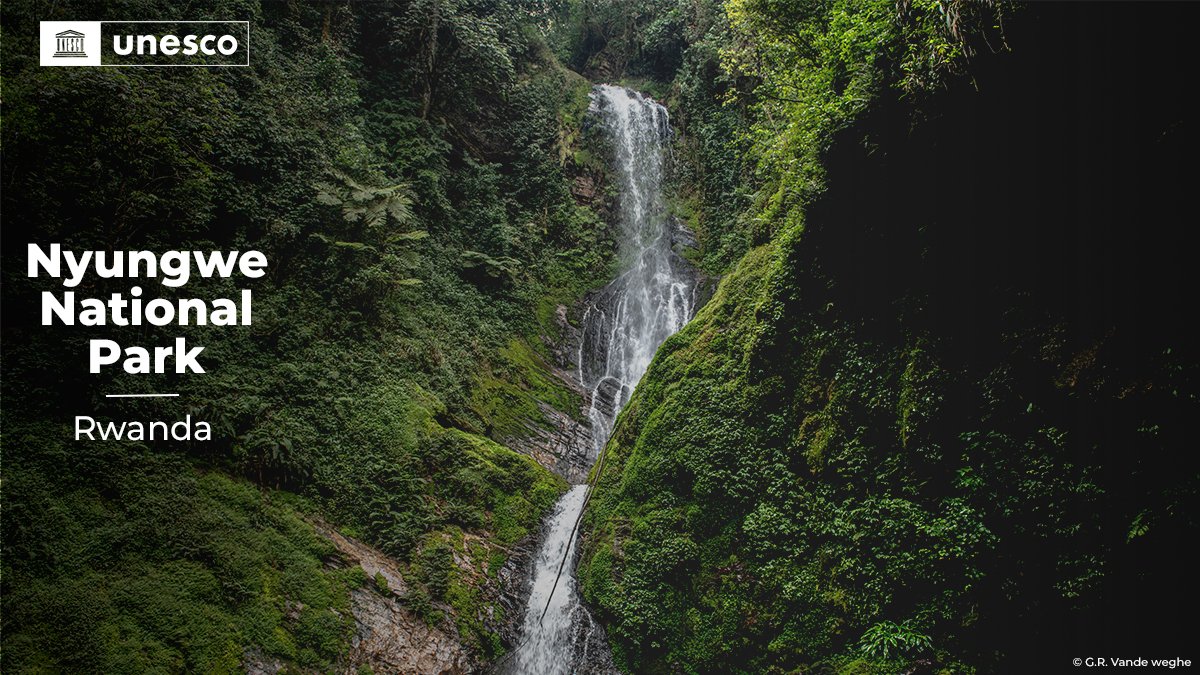
Nyungwe National Park, located in the South and West of Rwanda and touching Burundi a little bit, has made history by becoming the first Rwandan site to be inscribed on UNESCO’s World Heritage List.
This information became official few hours ago when UNESCO, this Tuesday September 19, released a statement confirming that Nyungwe National Park has already been inscribed on UNESCO’s World Heritage List. The ceremony was held in Saudi Arabia in the city of Riyadh.
This was also confirmed by Rwandan Government’Spokesperson, Yolande Makolo, through her X (Twitter) account. She announced that it is a good news that “Rwanda’s Nyungwe Park has just become the first site in our country to be inscribed in UNESCO’s World Heritage List” and that “This is a significant designation that will reinforce Rwanda’s ongoing conservation efforts”.
Nyungwe Park became a Rwandan known maple forest in 1993, and in 2005 it became a National Park when the Government of Rwanda was in the process of preserving its Biodiversity.
Nyungwe is the largest forest in the Region, which covers an area of 1,019 square kilometers and is a “world” of diverse ecosystems.
It has more than 1068 species of plants (Flowering plants) including more than 148 species of orchids; more than 322 species of birds; among them more than 30 species are not found anywhere else but in Rwanda, especially in Nyungwe Park.
Among the animals there are more than 85 species of mammals, including more than 13 species of primates, more than 38 species of reptiles and more than 32 species of amphibians.
Nyungwe is the source of some largest rivers and streams in Africa such as the Nile River in the East and the Congo River in the West.
It is also said that about 70% of Rwanda’s water comes from Nyungwe.
Remy Norbert Duhuze, Head of the Department for Water Quantity and Quality at the Rwanda Water Resources Agency (RWB), in an interview in February this year, told us that “so far there is no specific study that confirms the 70% theory, but what is known is that Nyungwe forest is the source of important rivers in the country such as Mwogo, Mbirurume and Rukarara which is also a source of Nyabarongo and Akagera when it meets Akanyaru. In Nyungwe there are other streams that go to the Kivu river which is in the Congo river.”
“Nyungwe is Rwanda’s water reservoir” he strengthened; “Although other parts of the country have rivers that come from it like Mukungwa, Muvumba and others, but we can say that Nyungwe is the water reservoir of Rwanda according to the number and size of the rivers that come from it.” He added.
Nyungwe’s stunning beauty attracts both domestic and foreign tourists.
One of the tourist attractions is the beauty of the ecosystem, the famous “Ndambarare Waterfall” which was discovered around three years ago, Nyungwe Canopy Walk and many more.
Protais Niyigaba, the Director of the African Park that manages Nyungwe Park and other forests, says that “Only in December 2022, this park was visited by 2,628 tourists, and last year (the whole year) the number of Tourists reached 21,564 people, which increased from 4,810 visitors in 2008.”
Nyungwe Park is located in the South and West of Rwanda. It is surrounded by five districts namely Nyamagabe, Nyaruguru, Nyamasheke, Karongi and Rusizi; in the south it runs to Burundi at Kibira National Park.
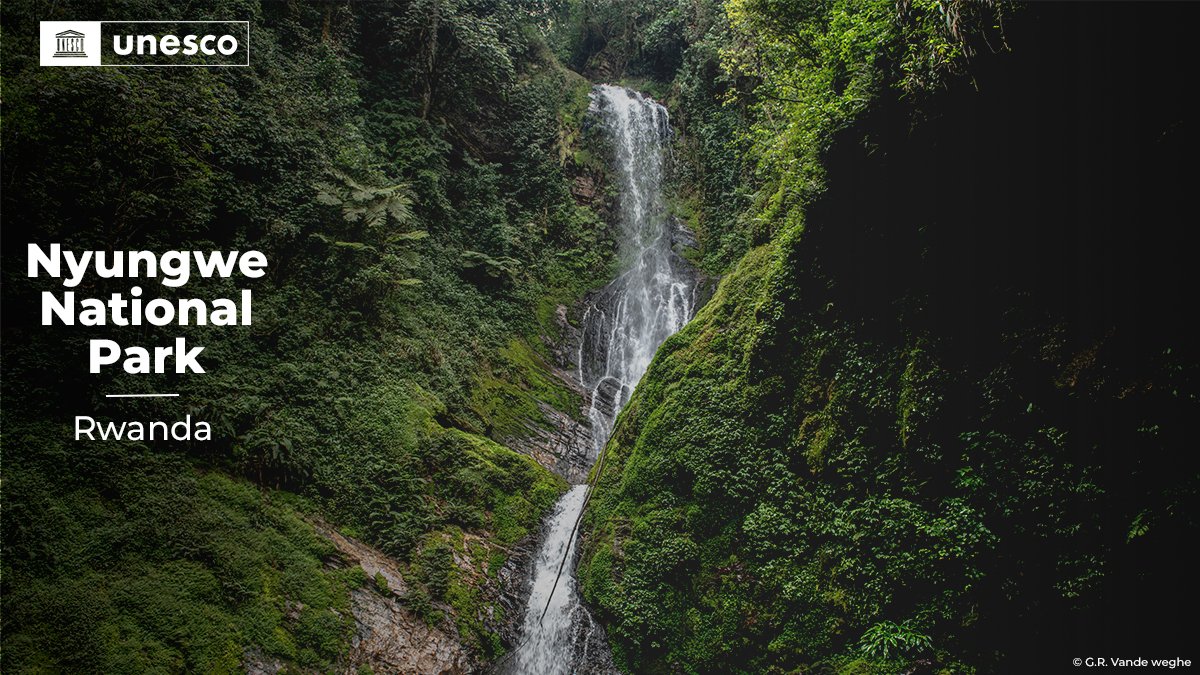
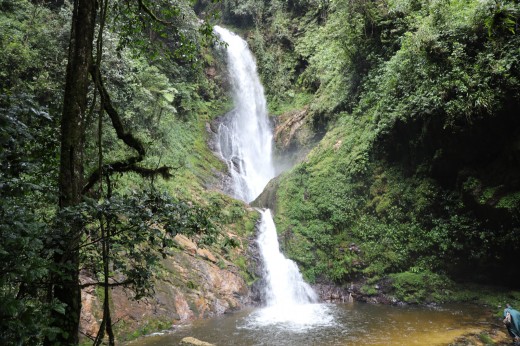
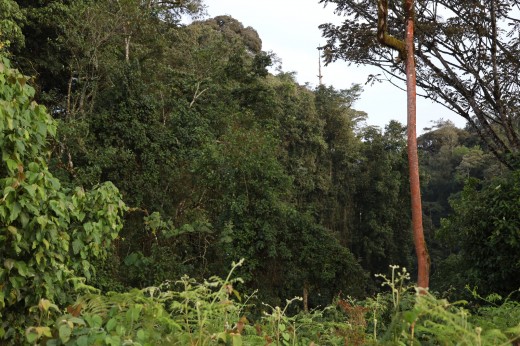
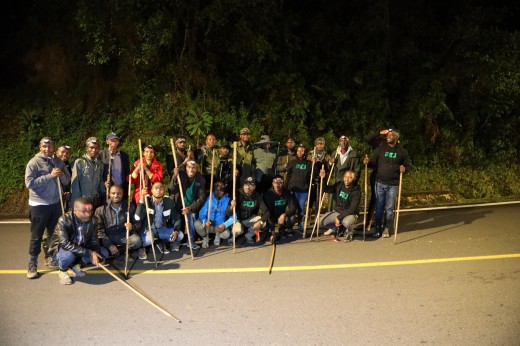
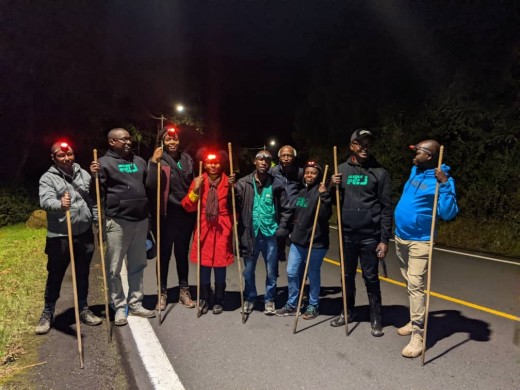
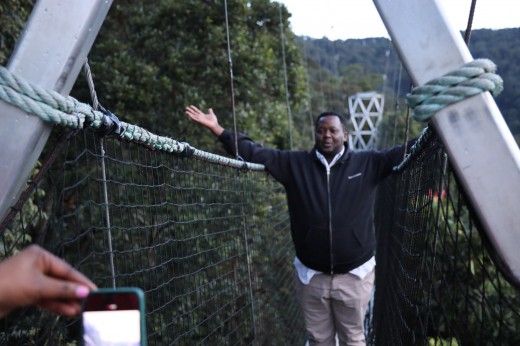
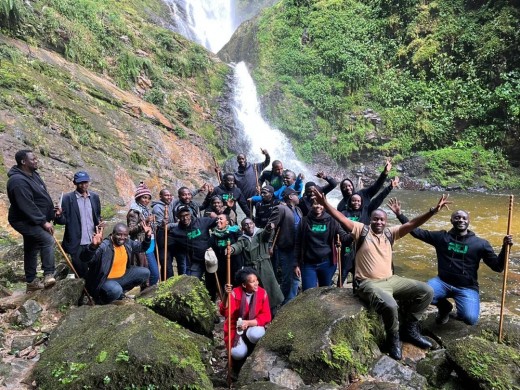
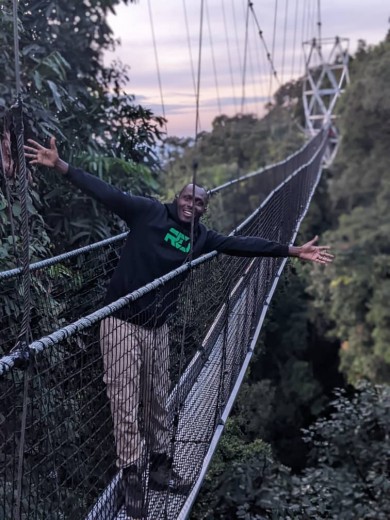
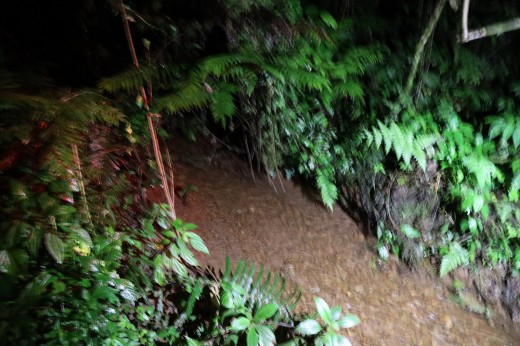
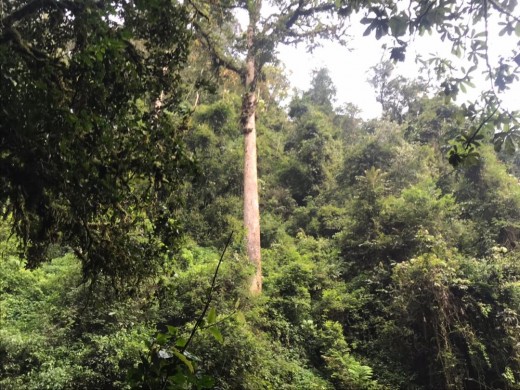
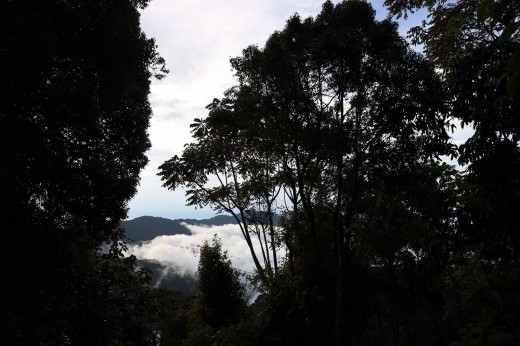
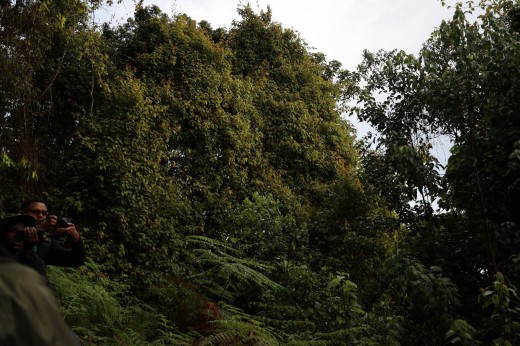
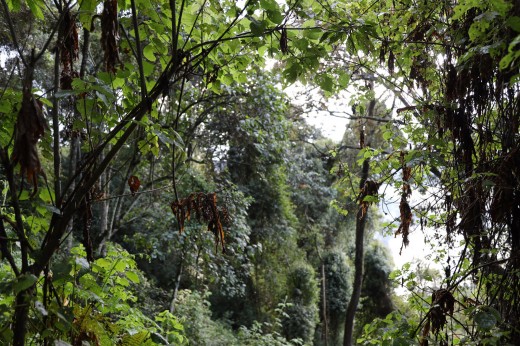
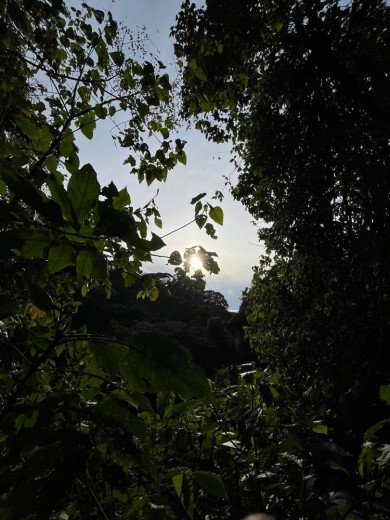
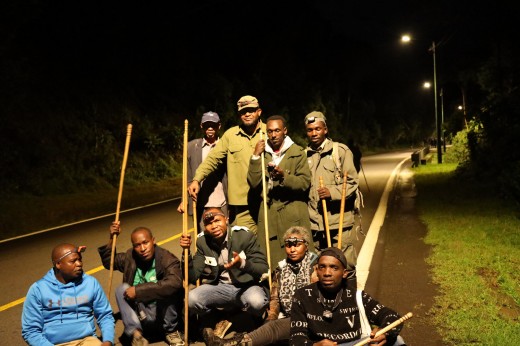
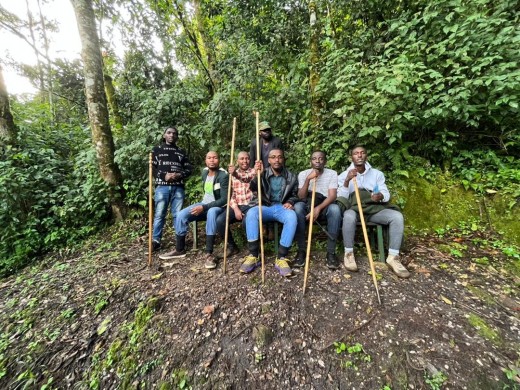
Related Articles
The SFERE Clean Cooking Awareness Campaign: Advancing Solutions Through Community Engagement
Progress in clean cooking is happening one step at a time through...
Strengthening Rwanda’s SMEs for Circular Food Systems: Embedding Circularity Beyond Project Implementation for Long-Term Transformation
As Rwanda advances its circular economy ambitions, small and medium-sized enterprises (SMEs)...
Powering Food, Restoring Land: How Renewable Energy and Regenerative Agriculture Are Transforming Rwanda’s Farms
Across Rwanda’s rolling hills, a quiet revolution is underway. It begins in...
Late February Weather Alert: Heavy and Above-Average Rainfall Forecast Across Rwanda
The Ministry in charge of Disaster Management (MINEMA) has issued a weather...


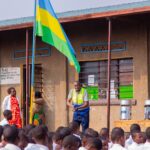


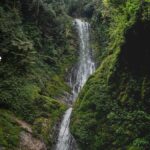
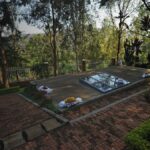


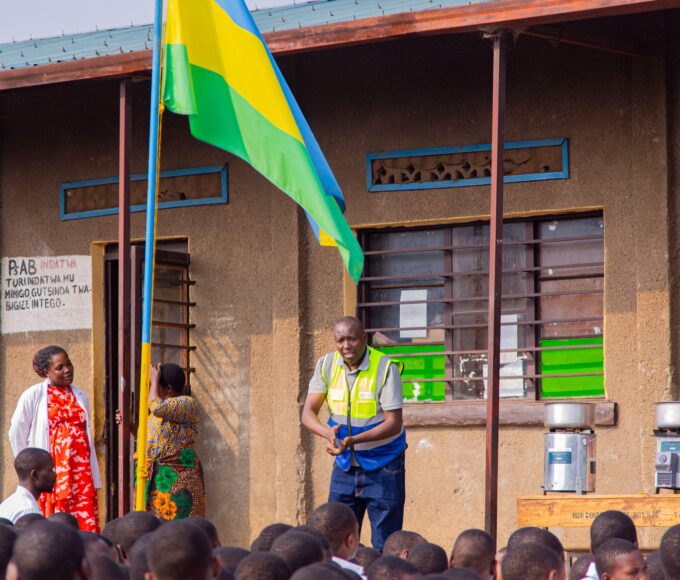
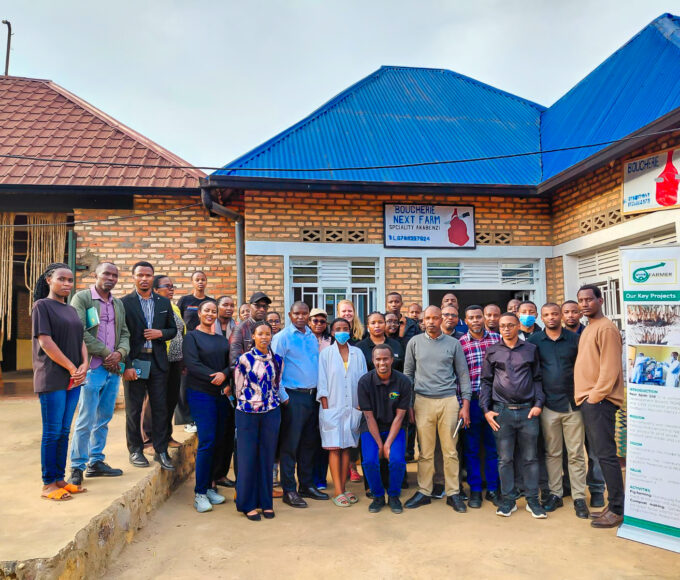

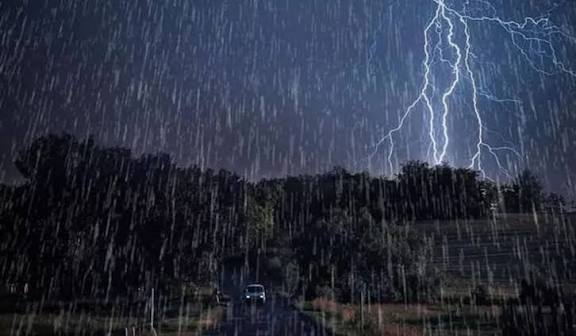
Leave a comment